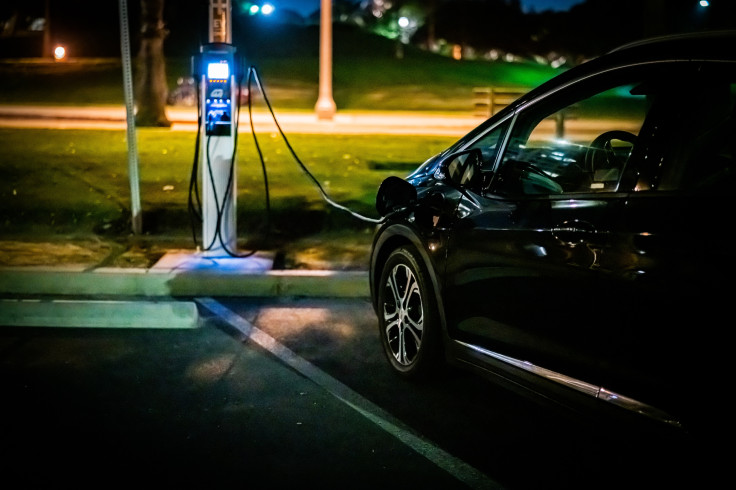
Less than half of Hispanics are aware of the federal subsidies of up to $7,500 for those who buy electric vehicles in the U.S.
According to a survey from BlueLabs Analytics published first by Axios, 8 percent of Hispanics claimed to know "a great deal" about the tax credits, while 12 percent said they knew "a good amount." 29 percent said they knew "a little" about it and 47 percent knew nothing at all. The remaining 4 percent said they "don't know."
The figure for this demographics is slightly below the national average: overall, 56 percent claimed to have at least "a little knowledge" about the subsidies. Only Black Americans knew less than Hispanics, with 43 percent who had some amount of knowledge, 50 percent in the "nothing at all" category and 7 percent who "don't know."
These gaps could certainly prevent prospective buyers from acquiring an electric vehicle in their next purchase or lease. In the survey, 10 percent of respondents said they would "definitely" choose one and 28 percent "might."
According to a Pew survey, 9 percent of all U.S. adults currently own an electric vehicle, which is up two percentage points since 2020.
However, money is not the only barrier for Hispanics when it comes to owning electric vehicles. Educational and systemic barriers come into play too.
In 2022, Consumer Reports partnered with Green Latinos, EVNoire and the Union of Concerned Scientists to analyze the lagging EV ownership rates across certain racial demographics. They published a report outlining the findings and proposals to increase ownership. According to Dr. Quinta Warren, Associate Director of Sustainability Policy for Consumer Reports, EV ownership among Latino and Black communities remains low due to barriers involving education and infrastructure.
"The general feeling had been that these communities just are not interested, and so the findings were surprising," said Warren.
In the report, people across all demographics who were interested in purchasing or leasing an electric vehicle stated that charging infrastructure was their biggest concern. For Latinos and communities of color, accessing charging stations is much more difficult than the rest: the majority of charging stations are in major cities and in majority-white neighborhoods. This has discouraged people of color from purchasing EVs as they would have to travel further to charge or adapt their homes to support high-voltage charging and charge at home, which presents another issue for Latinos.
Charging at home is more convenient and economical; however, despite rising homeownership rates among Latinos, many Latinos live in apartments, making home charging unfeasible for a number of people.
"Right now, a lot of people who buy EVs tend to charge at home, but that's because people who buy EVs currently own their homes," said Warren. "Communities of color have a lower rate of home ownership, and so we need other solutions."
Other barriers preventing Latinos from owning electric vehicles include education and awareness. "EVs are mysterious to people who've just never seen them or never experienced them," said Warren.
According to Warren, communities of color don't interact with EVs as often, and, as a result, they are unaware of the substantial maintenance savings that come with owning one. On average, people who own an electric vehicle save between $6,000 to $10,000 over a car's life cycle compared to owning a gas-powered vehicle; however, many still believe that EV maintenance and ownership is more expensive than that of gas cars. Limited access can also create false perceptions that electric vehicles are complicated machines that are more different to drive than gas-powered cars.
To combat this, the report suggested that community groups and car manufacturers help people understand EVs on a deeper level so they can more easily overcome some of the barriers to owning one.
"The more experienced people had with EVs, the more likely they are to want to buy and own one," said Warren. "Something as simple as just seeing an EV in your neighborhood actually creates more of an impetus to want to own one."
© 2025 Latin Times. All rights reserved. Do not reproduce without permission.





